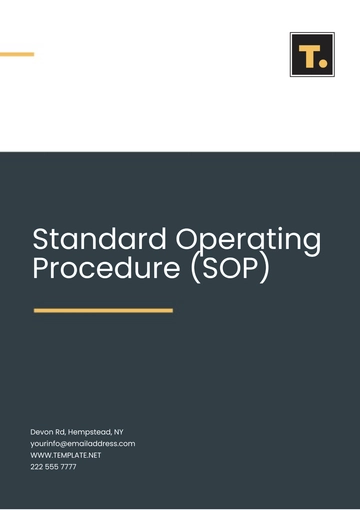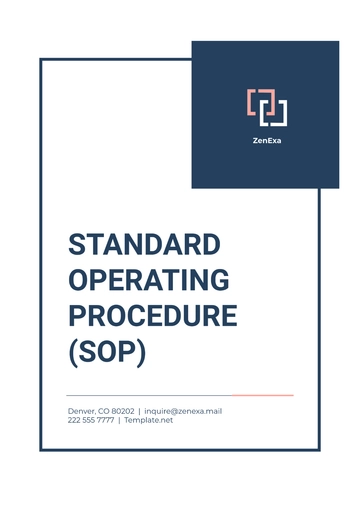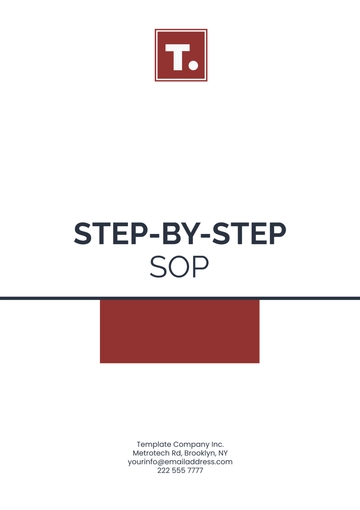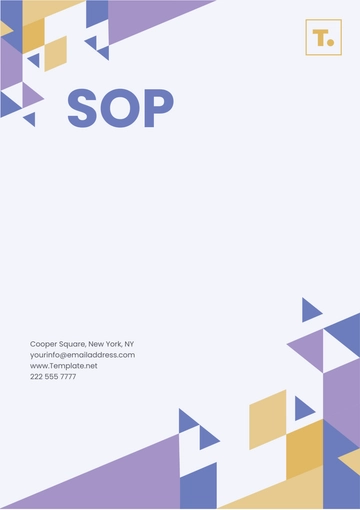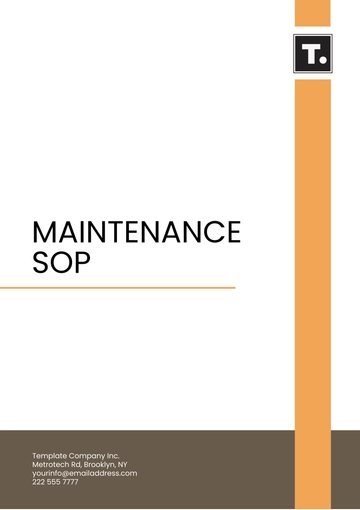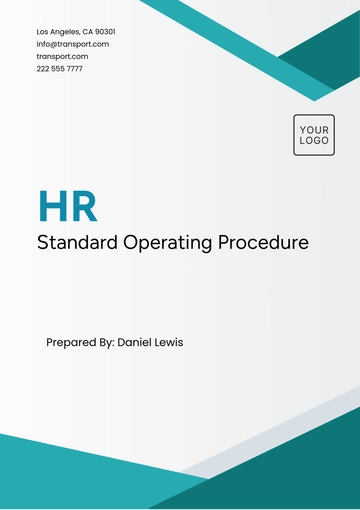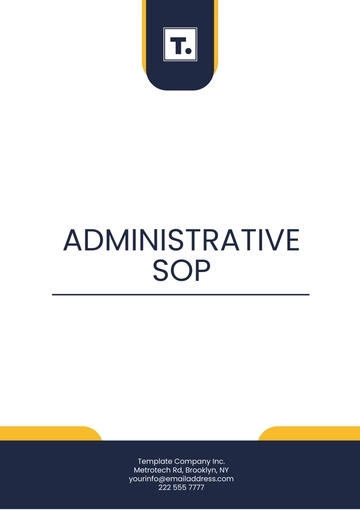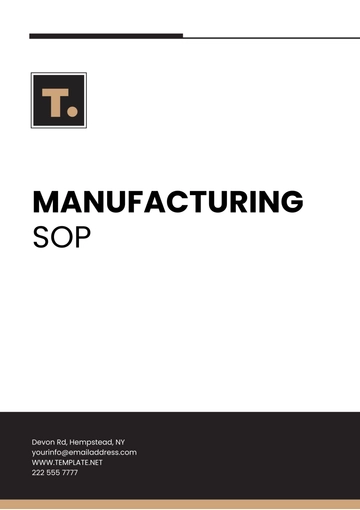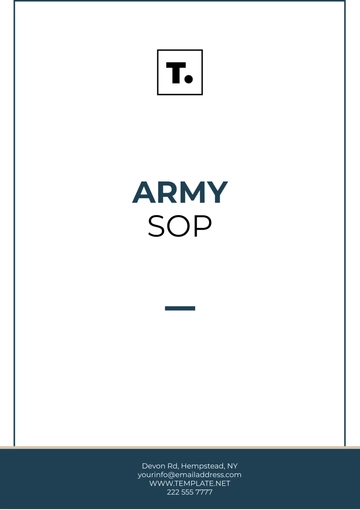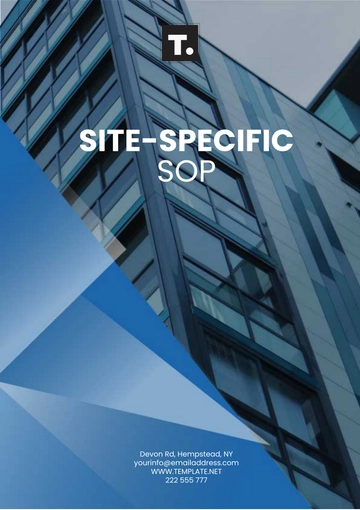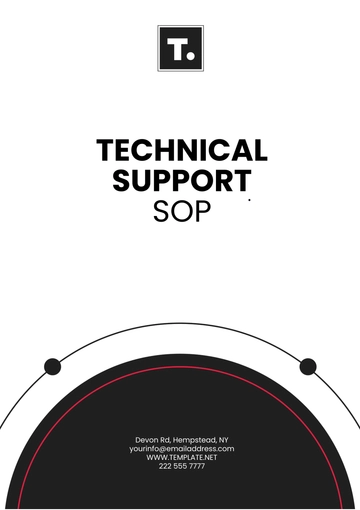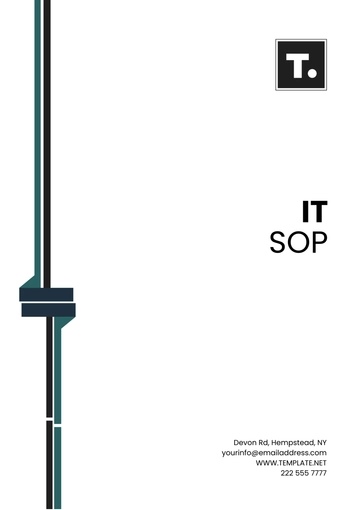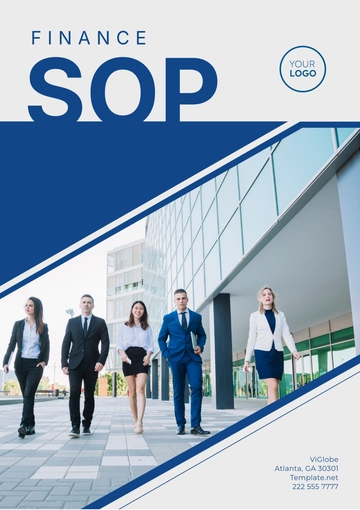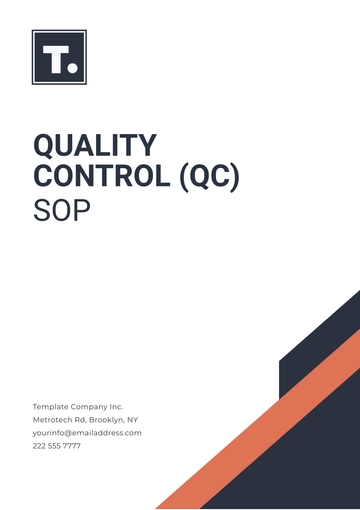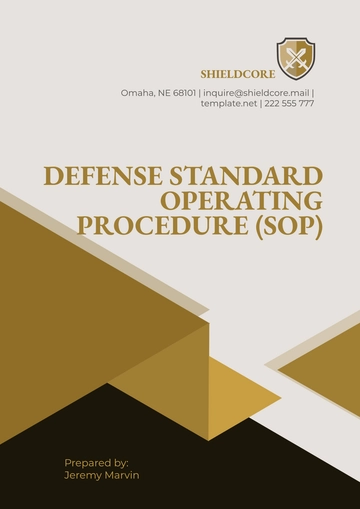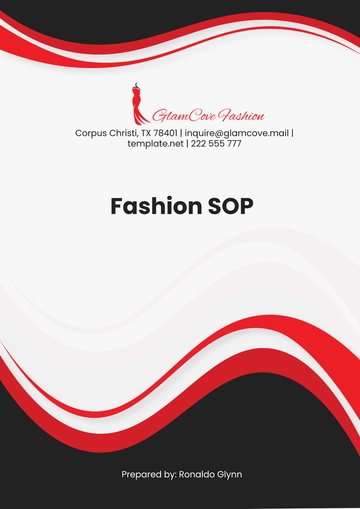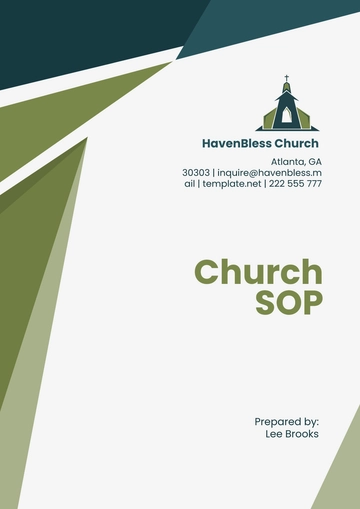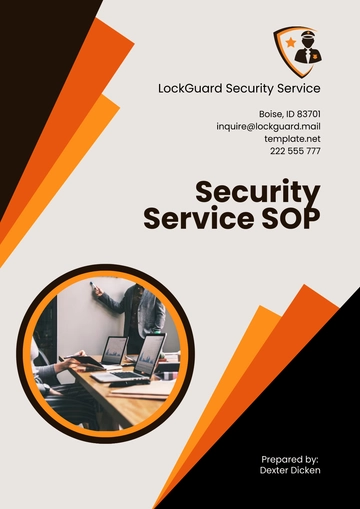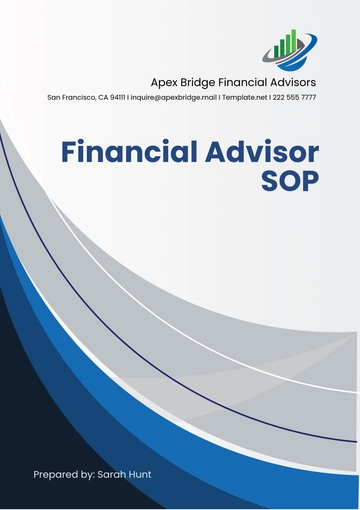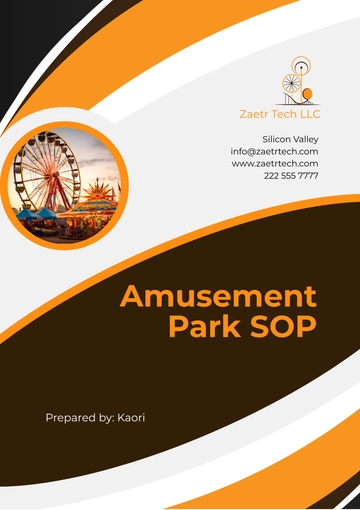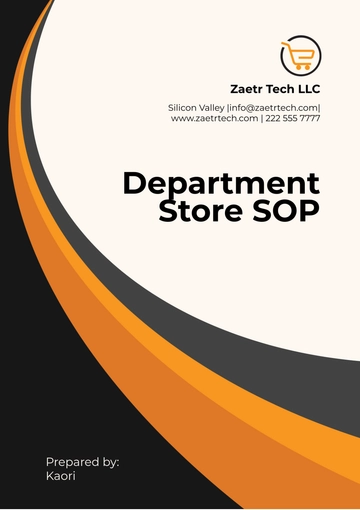Free Legal Client Consultation SOP
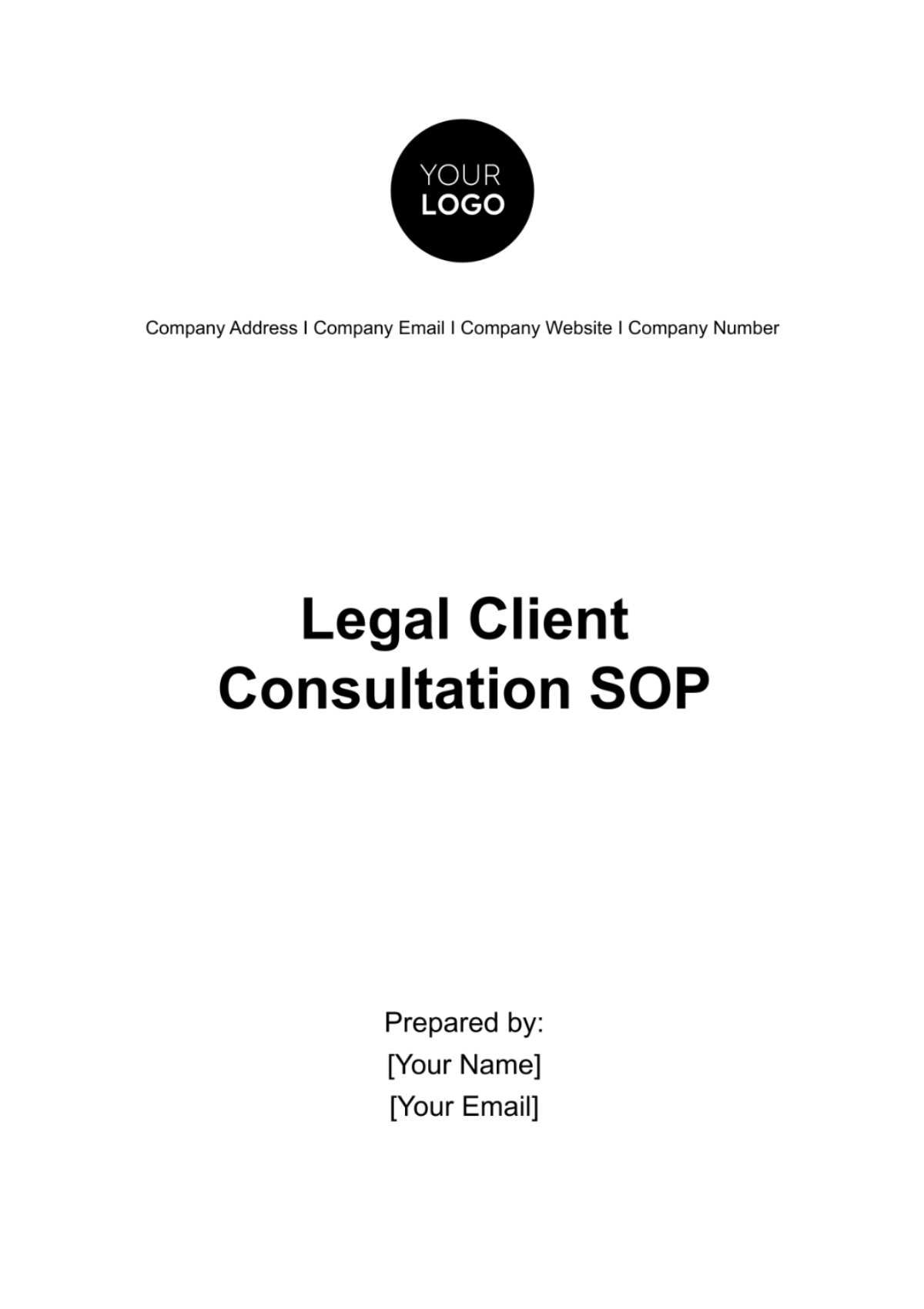
I. Introduction and Purpose
The objective of this Standard Operating Procedure (SOP) is to provide a comprehensive set of guidelines for the legal professionals working in our firm, specifically on how to conduct highly effective, professional, and efficient client consultation sessions.
The ultimate aim of the SOP extends beyond just providing direction. It is also designed to guarantee that there is a uniform approach that is consistently applied throughout all client consultations within the firm. This uniformity not only helps in enhancing and promoting the firm's professional image, it further ensures that all consultations meet the satisfaction of our clients and are conducted in compliance with the requisite legal and ethical standards that govern our profession.
II. Scope
This Standard Operating Procedure (SOP) governs all client consultations conducted by [Your Company Name], ensuring consistency and professionalism across diverse legal practice areas. It encompasses a wide range of consultations, including initial meetings to discuss new cases, follow-up sessions to review progress or address client concerns, and consultations spanning various legal domains such as corporate law, intellectual property, family law, and litigation. By standardizing our approach to client consultations, this SOP facilitates effective communication, comprehensive legal analysis, and ethical representation in alignment with US laws and standards.
Our commitment to excellence extends to every aspect of client interaction, from the initial consultation to the resolution of their legal matters. Whether advising individuals, small businesses, or corporate entities, this SOP provides a framework for conducting thorough assessments, offering tailored legal guidance, and upholding the highest standards of confidentiality and professionalism. By adhering to this SOP, our legal team ensures that each client receives the attention, expertise, and personalized service they deserve, while safeguarding their rights and interests under US law.
III. Preparation
Thorough preparation is the cornerstone of effective client consultations. By meticulously reviewing case files and ensuring a conducive meeting environment, legal professionals demonstrate their dedication to providing clients with comprehensive support and tailored solutions. This proactive approach sets the stage for productive discussions and meaningful outcomes.
Before the Consultation:
Legal professionals should allocate sufficient time to review all pertinent case files, documents, and relevant legal precedents pertaining to the client's matter. This includes examining any contracts, agreements, court filings, correspondence, or other materials that may impact the consultation.
Setting Up the Consultation Space:
For in-person consultations, ensure that the meeting room is clean, organized, and free from distractions. Arrange seating to facilitate face-to-face interaction and confidentiality. Additionally, ensure that any necessary equipment, such as laptops or presentation materials, are readily accessible.
For virtual consultations, verify that the chosen video conferencing platform is reliable, secure, and user-friendly. Test audio and video settings in advance to prevent technical glitches during the meeting. Consider using virtual background features to maintain privacy and professionalism.
IV. Client Intake Process
The client intake process is crucial for gathering essential information to effectively address their legal needs. Utilizing the firm's intake form ensures comprehensive data collection, facilitating informed decision-making and personalized legal guidance.
Welcome & Assist ↓ Complete & Review ↓ Clarify & Confirm ↓ Document & Proceed |
V. Confidentiality and Privacy
At [Your Company Name], safeguarding our clients' confidentiality and privacy is paramount. We assure clients that all information shared during consultations remains strictly confidential, adhering to the highest standards of ethical practice and legal requirements. Our legal professionals handle sensitive data with utmost care, ensuring it is securely stored and accessed only on a need-to-know basis. We prioritize building trust and maintaining discretion, fostering an environment where clients feel confident sharing their concerns and insights without reservation or apprehension.
During consultations, our team emphasizes the importance of confidentiality and privacy to clients, reaffirming our unwavering commitment to protecting their sensitive information. We recognize the significance of maintaining client trust and respect their right to privacy throughout the legal process. By upholding stringent confidentiality protocols, we demonstrate our dedication to client-centered service and ethical conduct, instilling confidence in our ability to safeguard their interests while navigating complex legal matters with discretion and integrity.
VI. Active Listening and Communication
Central to successful consultations is adept communication, embodying active listening, empathy, and clear articulation of legal concepts. Our practitioners employ these vital strategies:
Active Listening: Engage fully with clients, employing attentive listening and reflective responses.
Empathy: Demonstrate understanding and compassion towards clients' experiences and concerns.
Clear Explanation: Convey legal concepts in accessible language, ensuring clients grasp complexities and implications.
By integrating these practices, we cultivate an environment where clients feel heard, respected, and empowered to navigate their legal journey confidently.
VII. Assessment and Analysis
The assessment and analysis stage is pivotal in understanding the intricacies of the client's case and formulating effective strategies. Our approach involves a thorough examination of relevant laws and precedents, culminating in an objective and comprehensive analysis delivered to the client.
The table below outlines the steps involved in the assessment and analysis phase:
Steps | Description |
|---|---|
Case Analysis | Evaluate the client's case, considering legal facts, evidence, and applicable statutes. |
Legal Research | Conduct in-depth research to identify relevant laws, regulations, and judicial precedents pertinent to the client's situation. |
Strategy Development | Formulate strategic approaches based on the analysis of the case and legal landscape, considering potential risks and favorable outcomes. |
Client Communication | Communicate the analysis and proposed strategies to the client in a clear, objective manner, fostering understanding and informed decision-making. |
VIII. Client Education
At the heart of our client-centered approach lies a commitment to empowering individuals with knowledge. We meticulously:
Inform and Educate: Through comprehensive discussions, we elucidate clients' rights, legal options, and potential risks inherent in their case.
Clear Communication: We distill intricate legal concepts into easily understandable language, ensuring clients comprehend the implications fully.
By equipping clients with a thorough understanding of their situation, we empower them to make informed decisions aligned with their objectives. Our dedication to transparent communication not only builds trust but also fosters a collaborative partnership, laying the groundwork for a successful resolution of their legal concerns.
IX. Setting Expectations
Transparent communication regarding the legal process, timelines, costs, and the attorney's role is paramount in managing clients' expectations effectively. We meticulously:
Expectation Management: Engage in candid discussions to align clients' expectations with the realities of their case, ensuring they understand the potential outcomes and complexities involved.
Transparency and Trust: By providing clear guidance on the legal process and associated costs, we foster trust and mitigate misunderstandings. Our commitment to transparency underscores our dedication to client satisfaction and successful resolution of their legal matters.
X. Documentation and Follow-Up
This crucial section outlines the meticulous steps we take to ensure thorough documentation and seamless follow-up after each consultation:
Documentation Procedures:
Take detailed notes during the consultation, capturing key points and client concerns.
Prepare any necessary agreements or legal documents promptly and accurately.
Follow-Up Actions:
Send engagement letters outlining the terms of representation.
Provide referral recommendations, if applicable, to ensure clients receive comprehensive support.
By adhering to these procedures, we demonstrate our commitment to providing diligent service and maintaining clear communication with our clients throughout their legal journey.
- 100% Customizable, free editor
- Access 1 Million+ Templates, photo’s & graphics
- Download or share as a template
- Click and replace photos, graphics, text, backgrounds
- Resize, crop, AI write & more
- Access advanced editor
Optimize your client interactions with the Legal Client Consultation SOP (Standard Operating Procedure) Template from Template.net. This editable and customizable template establishes a comprehensive procedure for conducting legal consultations, ensuring consistent, thorough, and professional client engagements. Designed to be editable in our Ai Editor Tool, it facilitates a systematic approach to gathering client information, understanding their needs, and providing informed legal advice, enhancing the quality and efficiency of your legal services
